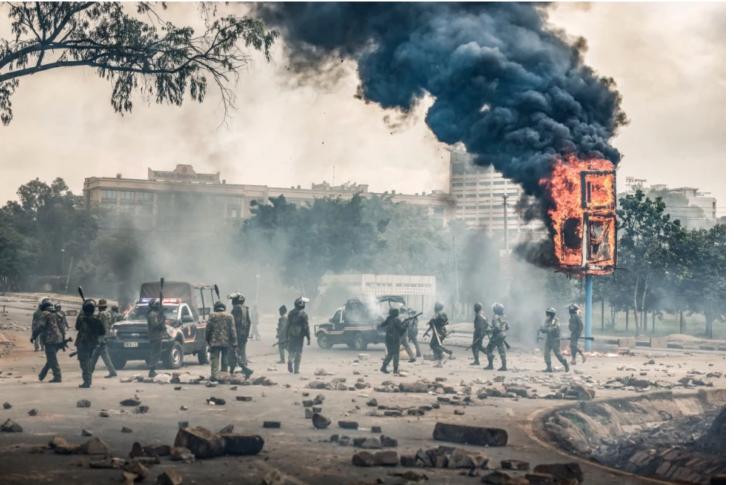The Office of the Director of Public Prosecutions (ODPP) has defended its decision to press terrorism-related charges against individuals arrested during the recent anti-government protests, saying the charges are rooted in law and not politically motivated.
In a detailed statement issued on Monday, July 21st, the ODPP addressed growing public concern over the application of the Prevention of Terrorism Act following mass demonstrations on June 25th and July 7th.
The statement reaffirmed the ODPP’s support for a free press and active civil society, acknowledging their critical role in promoting transparency and democratic governance.
However, the prosecution office insisted that the use of anti-terror laws should be understood within the scope of national security and legal standards not as a tool to suppress legitimate political dissent.
According to the ODPP, preliminary investigations revealed that the violent incidents during the protests including the torching of police stations, law courts, and assaults on government officials were not random outbursts, but calculated and coordinated attacks aimed at crippling essential government services and sowing public fear.
The prosecution cited the case of the Kikuyu Law Courts, which were set ablaze during the June 25 demonstrations. Chief Justice Martha Koome, who visited the site on June 26th, is quoted as saying the attack was “not merely an act perpetrated by criminal elements, but an act of terrorism.”
Under Sections 2 and 4 of the Prevention of Terrorism Act, such acts when intended to disrupt public services, intimidate the population, or cause widespread fear can be prosecuted as terrorism offenses.
Amid concerns over the potential abuse of the anti-terror law, the ODPP moved to reassure the public that all charges brought forward are based strictly on available evidence.
The office pledged that all accused persons will receive fair trials, legal representation, and full access to due process, in accordance with Kenya’s Constitution and the Bill of Rights.
The ODPP closed by reaffirming its commitment to the rule of law, public interest, and impartial administration of justice—stating that its actions are guided solely by evidence and constitutional mandate.

